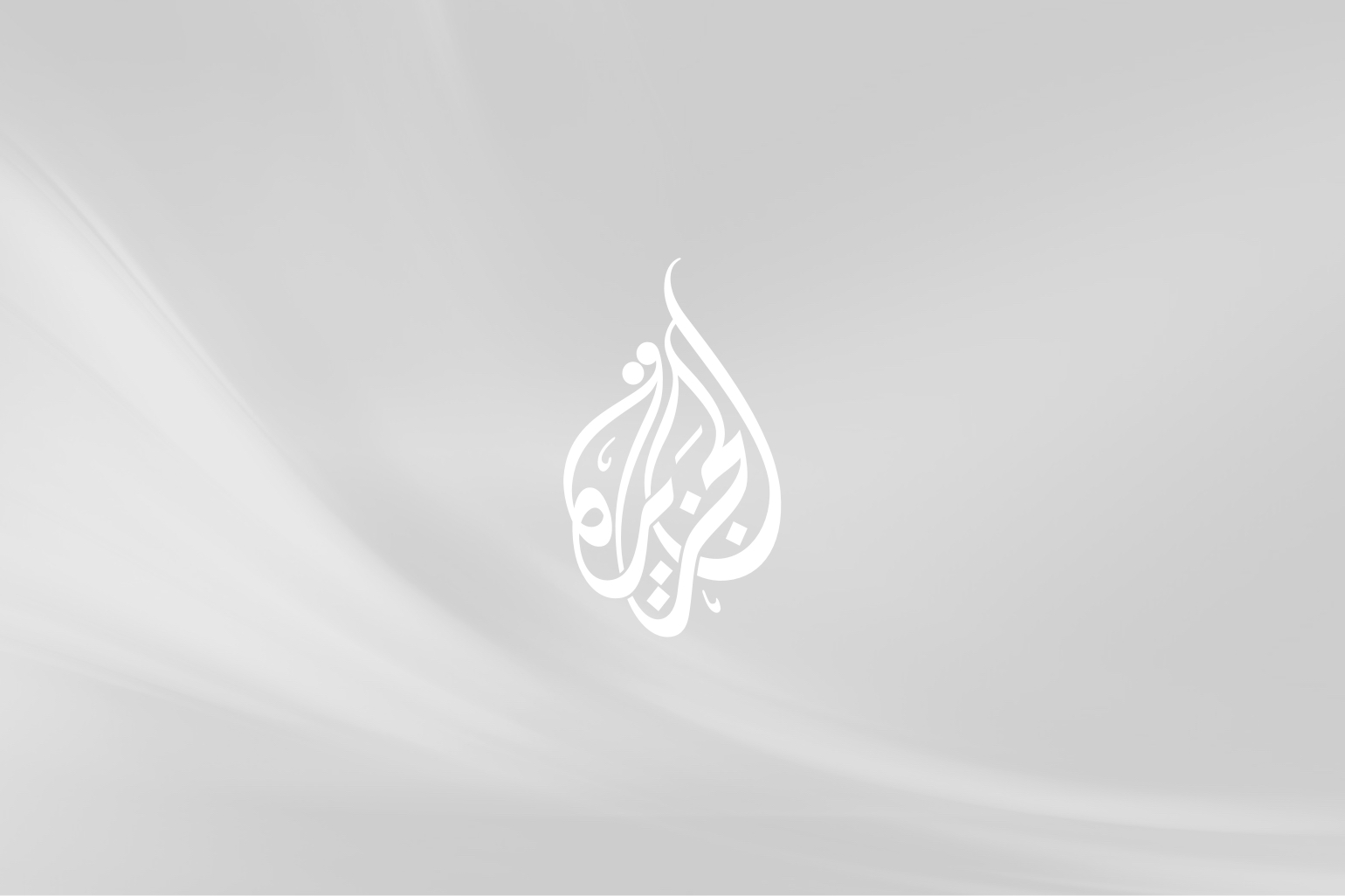US plans new education for Iraqis
After literally tearing out thousands of pictures of President Saddam Hussein from school textbooks, the United States occupation administration has set itself the objective of giving a whole new education to Iraq’s next generation.

The overhaul is part of a US effort to remove any references to the deposed president and Iraq’s history since 1963 – when the Baath party came to power, says Bassam al-Ani, head of the Education Ministry’s textbooks department.
“The subject of ‘nationalist education’ has been suspended. Materials concerning the former regime have been removed from history and geography textbooks,” al-Ani said.
The US occupation adviser to the Education Ministry was unavailable for comment, but Geoffrey Keele, spokesman for the UN Children’s Fund, said all Iraqi textbooks would have to be overhauled, as even science books were riddled with propaganda.
“Eventually, all the textbooks will be changed, whether it is maths or Arabic language and I imagine sciences as well,” he said, adding that new books would be ready by 2005 after consultations involving some groups of Iraqis.
Imposing values?
Iraqi educators believe strongly that the US should not dictate change, but allow nationals to make their own reform to befit occupied Iraq.
“The Americans should not impose their own values on Iraq’s education system,” said Ali Khalid, a retired teacher.
Keele said UNICEF endorsed the view that Iraqis should determine what their children are going to learn. “It is not something that you force on people,” he added.
 |
| Brandishing an old school textbook, students have been told to tear pictures of the former president out |
Keele said existing books, with some revisions (i.e. pages torn out) but keeping the “solid learning content”, would be used in the meantime.
UNICEF says the school curriculum had not been revised for two decades and teaching methods are just as outdated. The Education Ministry, the US-led administration, and UN agencies have been working out a reform plan.
“What we want to do is participatory learning, which is engaging the children in problem-solving and engaging them in the process of education so that they develop all kinds of skills, not just memorisation,” Keele said.
Teaching grandmother to suck eggs
Iraq’s education system, once ranked among the best in the Arab world in the 70s, produced a high literacy rate and a large middle class of professionals – amongst boys and girls alike.
But a series of wars and 13 years of sanctions have left around 7,000 schools with no glass in windows, no electricity and no functioning toilets.
“Currently the education system in Iraq is very dilapidated. It is decayed. The whole education system is suffering from a lack of investment,” Keele said.
Iraqi schools suffered further damage during the US-led invasion launched on March 20. Iraqi forces used some schools to store munitions, commandeering several schools as barracks. Some schools were bombed and many more were looted.